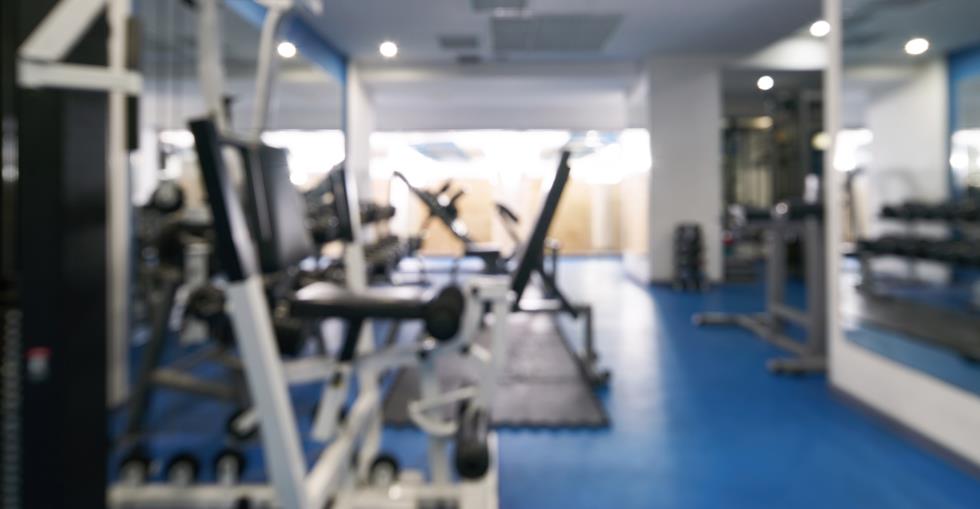Owning a fitness business is a dream opportunity for many. Whether your own business ambitions grew out of a personal love of working out and fitness, or you simply recognized the opportunity to cash in on Americans’ consistent motivation to stay fit, you’ve probably discovered along the way that this is among the most secure industries in which to be a business owner. After all, as a 2018 study revealed, Americans spend an average of $155 per month on fitness.
No matter the level of success you’ve achieved, you’ve stumbled upon this article because, for one reason or another, you’ve decided it’s time to sell your business. Perhaps you’re ready to retire, or to move onto another venture. Or maybe your business has reached its peak of success and you want to strike while the iron is hot and sell.
Whatever your motivation for selling, you can rest assured that with a health-conscious America that doesn’t seem to be losing interest in fitness, you’re in a good position as you look to sell your business. Still, you’ll have to put in some blood, sweat and tears — just as you did when you started — if you hope to find the right buyer and fetch the most for your business.
If so, you can feel confident that with a health conscious America that doesn’t seem to be losing interest, you’re in a pretty good position as you look to sell your business.

Preparing your gym for sale
Preparing your gym for sale means making it ready both physically and on paper. The first things you’ll need to do is make sure your gym looks good from the inside out. Take care of any interior and exterior repairs you’ve been putting off, including interior and exterior paint and lighting updates. It should go without saying that your signage needs to be in working order at all times.
Making sure the interior is clean is also imperative. As you well know, gyms can be extremely dirty places. The fact that people are there to “get their sweat on” is no excuse for dirty floors, mirrors, bathrooms, or overflowing trash cans. Make daily cleaning a priority so that you’re never caught off guard when a would-be buyer stops in.

Business records and documents
You will also need to make sure all of your business records are up to date and accessible. This includes permits, rental agreements, tax returns, P&Ls and any other pertinent financial and legal documents. This is also the time to prepare a proper non-disclosure agreement that you can have ready for serious buyers to sign before sharing any of the aforementioned documents with them.
You likely worked with a lawyer when you bought your business, so this is a good time to tap into that expertise, as well as to check in with your tax preparer and/or financial advisor to make sure you haven’t overlooked any details in preparing your gyms’ documentation and records ahead of a sale.
Another tip: If you plan to have potential buyers visit you at the gym, schedule appointments during times when the gym is busy, such as during a popular class with a high-energy instructor so that they can see your business operating at its finest.
Valuing your gym
When it comes to placing a price tag on your fitness business you will have to find a balance between your dream price and reality. If you have time to spare, you can probably afford to leave your business on the market a bit longer and hold out for a higher price. However, if you’re motivated for a quick sale, your price should reflect that.
Fitness businesses are a bit more complex than some others when it comes to overall valuation. You must take into account the current value based on assets (workout equipment, amenities such as showers, steam rooms, TVs etc.). You’ll also need to consider whether or not current staff or instructors that have made your gym successful will be offered as part of the package. It’s also important to take into account current and future earning potential and cash flow, as well as membership growth potential and the potential for future investors.
All of these things will factor into ultimately determining the true value of your gym, so do your homework and conduct market comparisons to make sure your price point is right. It is generally advisable to consult with a third party or business broker to evaluate your fitness business and help you get the best price.

Think like a buyer
As with any business sale, you will at some point need to think like a buyer. Draw upon your own experience and mindset when you were buying your business and leverage that perspective to connect with buyers. Think about what buyers will be looking for. What will get them excited about your gym vs. another on the market? What sets your “gym family” and its members apart? If there is a unique gym culture or diversity you can highlight, do so.
Think about the areas of the sale on which you will not compromise and those on which you are willing to negotiate and be prepared for conversations about these things with different buyers and different personality types. For example, you may be willing to negotiate price based on a major repair needed in your gym, but unwilling to negotiate based on membership numbers, etc.
Once you’ve got all of the details in order and you’re ready to sell, you can benefit from the expertise of a business broker. These professionals have years of expertise in dealing with all different types of fitness business sales, from small, privately owned gyms to mega-gym franchises. Remember, you don’t have to go it alone.


